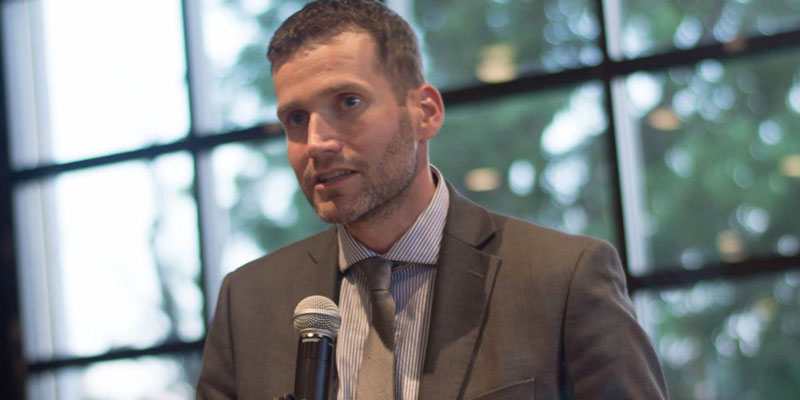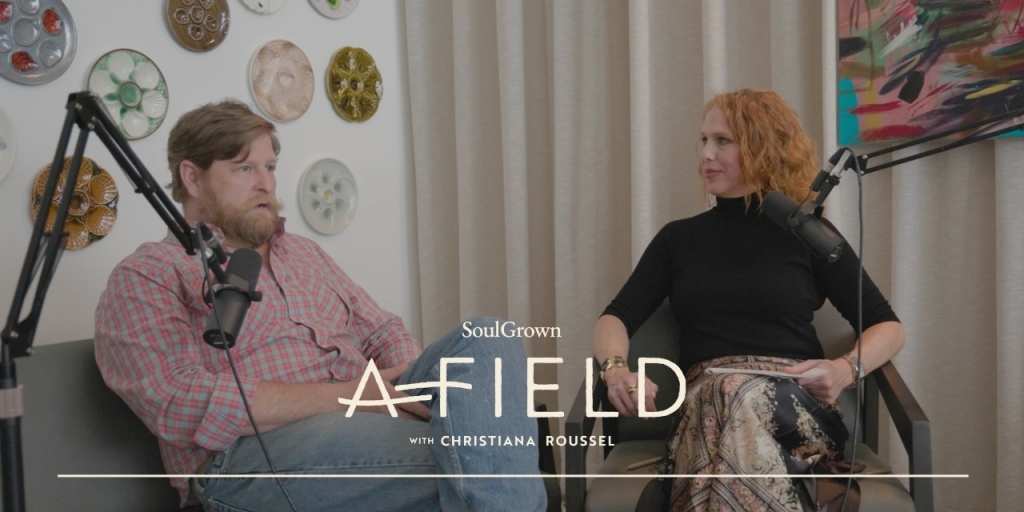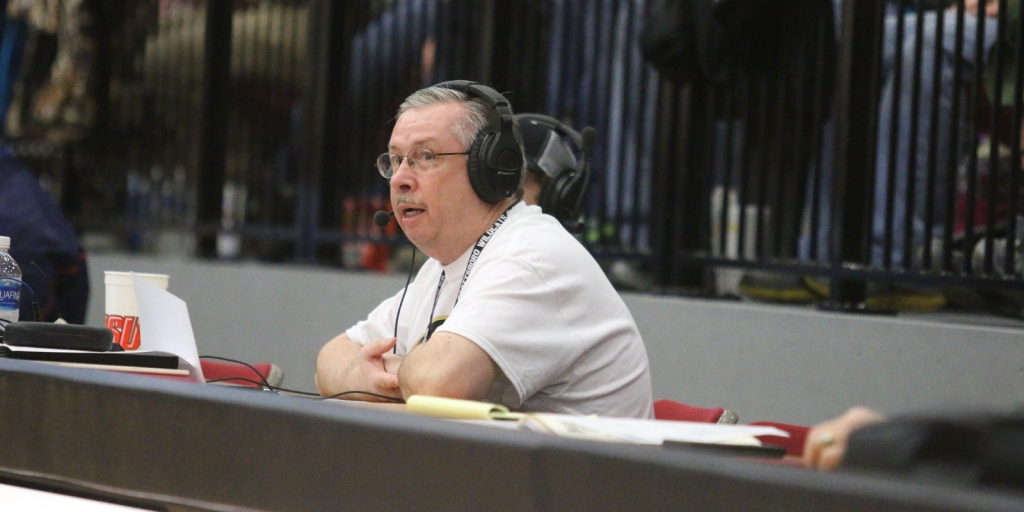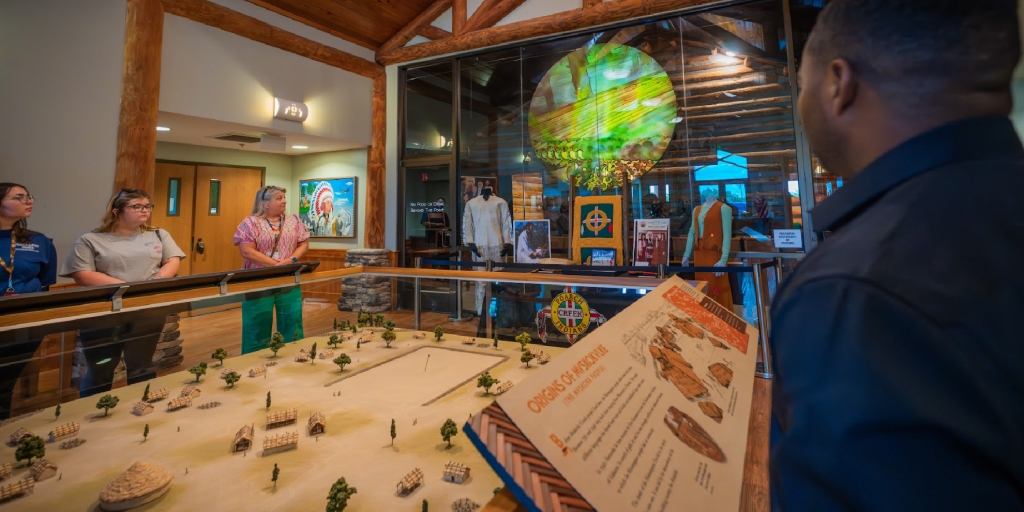
Listen to the 10 min audio
Read the transcript:
TOM LAMPRECHT: Harry, J.J. Hanson has passed away. He passed away on December 30th, just 36 years old. Many of our listeners probably don’t recognize that name and, for those that don’t, let me just say that J.J. Hanson was a vocal opponent of assisted suicide more than three years after receiving a terminal diagnosis for brain cancer. He is survived by his wife, Kristen, two sons, a 4-year-old and a 6-month-old. His cancer, glioblastoma, was the same aggressive type that afflicted John McCain.
TRAGIC DISEASES
DR. REEDER: And it is also the same type – in fact, his case pointedly parallels – that same diagnosis that came to one of my best friends this time a couple of years ago who recently went to be with the Lord. He’s an elder in our church and his name is Ronnie Norris. One of the most effervescent Christians you’ve ever met in your life, a very effective leader. His wonderful wife, Nancy, his two sons are very dear to us.
It was very interesting and heart-wrenching I have to confess, to go through that so the last year’s been a little bit of a challenge for me, too, Tom. You know, I lost my sister. I lost my Aunt Peggy, but she came to Christ in the last couple of weeks of her life. Rather challenging and one of those was Ronnie’s homegoing. I rejoice for him but, of course, I hurt for Nancy.
It’s very interesting the parallel here. Ronnie received this same diagnosis and he also had a number of – I won’t say well-meaning because I just have a hard time saying well-meaning to anybody that recommends assisted suicide – but he had people telling him that’s the way to go. Of course, they were not believers or friends in the church or anything, but they were people in the community that said, “There’ll be a time out there that this is what you ought to do.”
TOUGH DECISIONS
And he said no – on the contrary, he made the same decision that this ex-Marine, J.J. Hanson made and that was, “Hey, if I’m going through this, maybe I can go through it in a way to, No. 1, encourage other people and, No. 2, use it as platform to talk about the sanctity of life.”
And the sanctity of life has two main vistas: one is the beginning of life and the other is the end of physical life here. And so, he saw – the culture of death that has engulfed our culture – that culture of death as something that needed to be confronted, not only at the beginning of life – and that is the matter of abortion – but also at the end of life, assisted suicide.
JUDGMENT CALLS
He understood that assisted suicide, it’s one thing for people in their own life to decide, “I’m not going to take anything else to eat. I’m not going to take anything else to drink. I’m not going to do heroic measures,” and that is just letting death take its process when you’ve come to a particular time and I understand.
The sanctity of life does not call us to prolong death. That’s always a judgment call to make. I had to make it with my wife and her father. When they came to us and said, “There’s no chance for his recovery,” we said, “Give it another day,” we prayed over his bed, we looked at the signs, we looked at all the things that were going on and I just said to Cindy, “I don’t think it’s time yet.”
A week later, he walks out of the hospital and he gets to see the birth of another grandchild as he lives another year and a half.
ASSISTED SUICIDE LEADS TO MANDATED SUICIDE
The same thing, this ex-Marine, J.J. Hanson – but you’re really never an ex-Marine, Semper Fi forever – and he also had so many notable things that he went through: two Gran-Mal seizures and other smaller seizures and he came back from them, taught himself to walk, and to talk, and to be able to read and to process.
He became a vivacious and very effective speaker spokesman for the sanctity of life. And he understood that, once you move to the area of assisted suicide, then you put life and death further in control of the government and, as you put life and death further in control of the government, assisted suicide will soon become mandated suicide as we now see in various European countries as well.
GIFT OF SELF
He also used it as a platform to talk about life – not only to deal with the debasing dynamics of assisted suicide and its inevitable move to mandated suicide, but, Tom, he also began to talk about the value of life and how these last weeks and months and years of someone with terminal illness can actually be very productive.
He manifested that, he modeled that and he did the very same thing that my friend, Ronnie, did: he said, “I am not going to go the route of traditional treatments. I’m going to go another route.”
Now, J.J. Hanson went the route of immunotherapy as a number have done. My friend, Ronnie, went the route of a process that has been used in India. His willingness to go through the experimental treatments in India became a part of the process whereby this is now being moved to the United States of America – even Johns Hopkins Hospital is looking at it through the work that’s done and his engagement has become a part of that.
By the way, Ronnie had developed a friendship with Laura Ingraham who is with Fox News – who is also a cancer survivor and has become an advocate for various new treatments of cancer – and she told Ronnie about it and that’s how he was exposed to it and that’s how he used it. It was by his willingness to go through it that it’s now going to be perfected further and, very likely, will become a treatment process offered now in the United States of America.
In other words, he used this opportunity for the benefit of others.
I remember sitting with him at a breakfast and he told me, “Harry, I want you to do two things for me. No. 1, I want to die well. This is a moment that Jesus has given to me. Don’t let me waste it — I want to die well. I know that I have a cancer and it thinks its job is to kill me, but I want you to know that I have put my trust in Jesus. You know that. You’ve seen that. Help me now to live that out all the way to the end.
No. 2, I want to do something with this that may benefit others,” and that’s one of the reasons he chose this treatment, Tom.
WITNESS-BEARING TO GOSPEL POWER
And so now others are going to benefit because he didn’t go the way of assisted suicide, which, by the way, will lead to mandated suicide. He went the way of helping others and using the process as an opportunity for people to see the power of the Gospel in the life of someone who not only lived well in Christ, but died well for Christ — living by faith and dying in faith.
And that’s the way he saw this, for Christ, and that life was something to be embraced as a gift from God and something to be cherished even as you trusted in the Lord for the everlasting life that He gives to you.
Tom, that’s the way he saw it and that’s the way countless others do. We have seen people like Joni Eareckson Tada with the adversity of her quadriplegic condition.
We’ve seen it in the lives of many others as they see it two ways. No. 1: “Here’s a platform in life and death where I will honor Christ. We’re following what the apostle Paul pointed out to us: ‘Whether by life or by death, I want Christ to be honored in my life.’ And then the apostle Paul said, ‘That is my greatest desire is that Christ would be honored in my life and by my death, that He would be exalted.’
And, No. 2, how many other people can I help in this process?” As J.J. Hanson, Ronnie Norris and countless others have said, “Let’s use this to benefit others in the future.”
Tom, I would say it’s not only the fact that we need to speak on the matter of policies that affirm the sanctity of life — it is the opportunity for believers to embrace every moment in life to honor the Lord who gives life, who takes life away and who is our life.
And, therefore, in the midst of moving to eternal life to be with him, we can honor him throughout our life, even to the point of death which, for us, is the beginning of forever.
Dr. Harry L. Reeder III is the Senior Pastor of Briarwood Presbyterian Church in Birmingham.
This podcast was transcribed by Jessica Havin. Jessica is editorial assistant for Yellowhammer News. Jessica has transcribed some of the top podcasts in the country and her work has been featured in a New York Times Bestseller.
Podcast: Play in new window | Download
Subscribe: RSS












